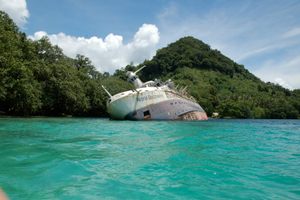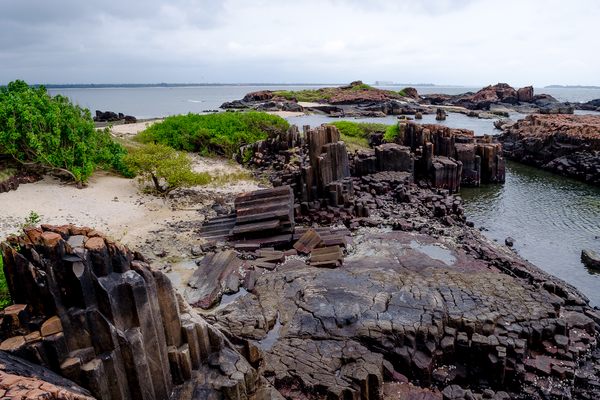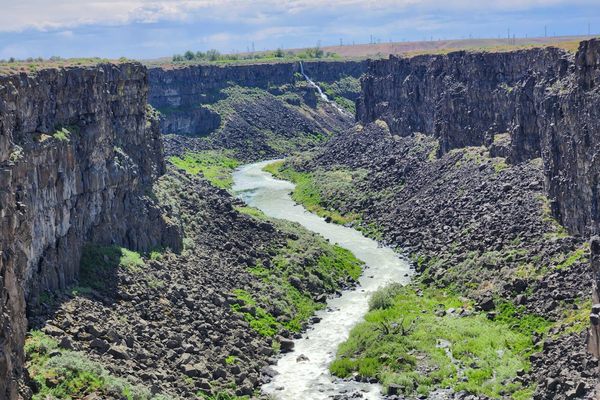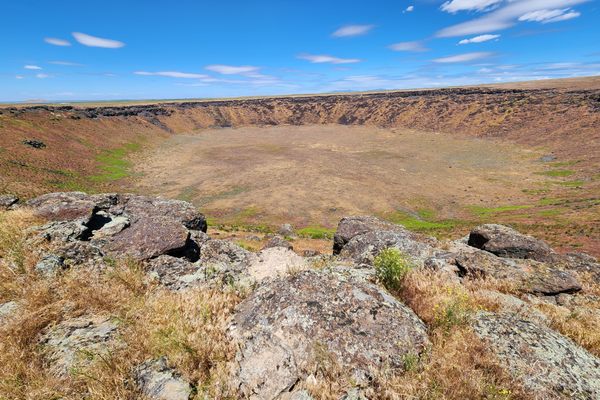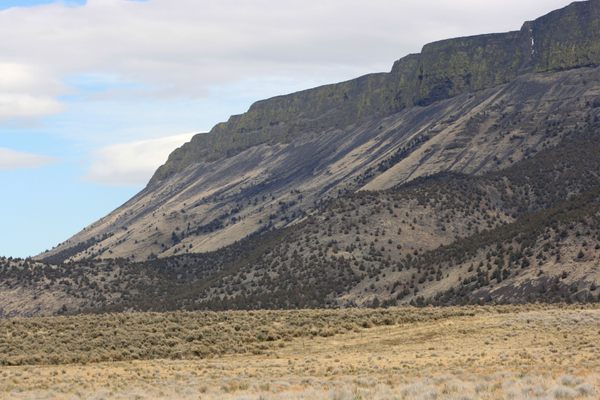About
From Honiara, the capital of the Solomon Islands, Savo Island is reached by a 30-minute boat ride across the Iron Bottom Sound—so named for the dozens of ships and planes that sank in it during World War II. The island is also home to an active, steaming volcano and bubbling hot springs. The heat attracts megapodes, chicken-sized black birds that utilize the warm environment to incubate their eggs.
Accessing Savo's volcano on foot takes about two hours, one way. The trek follows a path created by lava from the last eruption (which took place during the mid-19th century), surrounded by verdant jungle on either side. Hot springs and cold streams punctuate the path, but be careful: The water near the top is really, really hot.
At dawn, megapodes lay and bury their eggs in the sandy fields around a village called Panueli. The volcanic earth keeps the eggs warm, so mother birds can simply fly off. Left unattended, the eggs become fair game for predators. Men from the village arrive, digging more than three feet down to unearth the birds' nests. They work with their hands in order not to damage the large duck egg–sized treasures, then wrap the lot in banana leaves for safe keeping. Later in the day, women fill in the holes and level the sand.
Villagers won't kill megapodes for food, but they do collect eggs as a source of food and income. Each one is worth about $2. At one time, eggs were abundant in the sand fields around Panueli. But as of 2017, only one egg-laying field remains, and the yield is sparse. Over-harvesting has created an unsustainable environment for the megapodes, so all who visit should plan to bear witness to egg-laying at dawn, but to abstain from egg-snatching afterward.
Related Tags
Know Before You Go
While the villagers harvest the eggs for food and income, visitors should refrain from digging, trampling, or disrupting the megapodes' habitat.
Community Contributors
Added By
Published
May 2, 2019
Sources
- https://www.getinthehotspot.com/savo-island-day-trip/
- https://westtravelclub.com.au/stories/jurassic-park-meets-rottnest-island-the-solomons-savo-island
- http://www.sibconline.com.sb/the-disappearing-megapode-birds-of-savo-island/
- https://books.google.com/books?id=mni4FUq6B1oC&pg=PT179&lpg=PT179&dq=egg+fields+savo+island&source=bl&ots=i05deccZYR&sig=ACfU3U2YmQS6aKN9-j24HJsVSs2ckyj9Rw&hl=en&sa=X&ved=2ahUKEwjI8amsrcjhAhWSjFkKHXdNCMYQ6AEwCnoECAgQAQ#v=onepage&q=egg%20fields%20savo%20island&f=false
- https://www.newscientist.com/article/mg20727761-600-why-wartime-wrecks-are-slicking-time-bombs/









